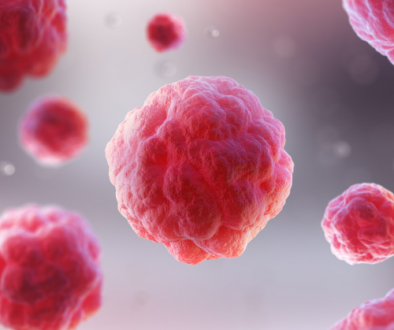Young Athlete Nutrition Tips- For Proven Outcomes
Young Athlete Nutrition Tips
 1. Staying hydrated is critical for young athletes, it is just as important as eating the right foods.
1. Staying hydrated is critical for young athletes, it is just as important as eating the right foods.
Being dehydrated can impede endurance and increase risks of serious illness. The key is hydrating before, during, and after your practice; as well as every game, tournament, or meet. Water and unsweetened coconut water are great options.
2. What you eat is most important.
It’s very easy for young children, and teens especially, to have diets loaded with sugar and processed food. But this will wreak havoc on an athlete’s body and performance. The focus should be on variety, using whole and unprocessed foods like fruits, veggies, and the right choices of carbohydrates; including whole wheat, vegetables, and fruits.
3. Fat is actually necessary.
Diets high in fat are not good for anyone, but a no-fat diet is not good either. You do want to limit saturated and trans fats by avoiding fast food and fried foods. But healthy fats are a key energy source for young athletes. Make sure their diet includes health oils like extra virgin olive oil and coconut oil, plus avocados, nuts, and nut butters.
4. Calories are needed.
Cutting calories is not something young and adolescent athletes should be focused on. The specific amount you need depends on age, size, and day-to-day activity level. Children generally need more calories due to constant growth, however, athletes will generally need even more.
5. Fueling before and after events/practice is beneficial.
Meals about 2 hours before practice should focus on carbohydrates, some protein and a bit of healthy fat. This is meal will not only prevent being hungry during a practice but also supply the energy an athlete needs. A recovery snack is needed within 30 minutes of intense physical activity with a high carbohydrate, moderate protein meal needed within 2 hours after.
6. Be careful with supplements.
Young athletes, especially teens, will want to mimic what they see and hear collegiate and pro athletes do. This may include an abundance of supplements. However, know that the FDA does not regulate supplements and with new ones coming out daily, be cautious of what you allow your child take. A whole food based multi-vitamin that may include calcium, B vitamins, iron, and folate are a good option for younger athletes, as research has shown adolescent athletes are prone to deficiencies with those nutrients.
7. Plan your meals.
The key to staying on track with nutrition for anyone, is meal planning. This same concept applies for kids as well. It may seem this will add more to your schedule, however, it will actually make things easier. This is even more important for an athlete’s event or game day. Unfortunately at most events the food offered at concessions are not good options for any athlete. So plan ahead and pack a cooler full of fruit, pasta, veggies, and water.
8. Balance and variety is key.
Being an athlete takes discipline, focus, and sacrifice. Children do need to understand the importance of taking care of their bodies and everything that entails. However, a treat every once in a while is not going to hurt them. Allow them to enjoy pizza every once in a while with their friends or visit your favorite burger spot as a family. Eating the same thing day in and day out for anyone is going to be difficult, so make healthy eating a lifestyle for the whole family and enjoy taking traditional family meals and making them “athlete” friendly, together.



